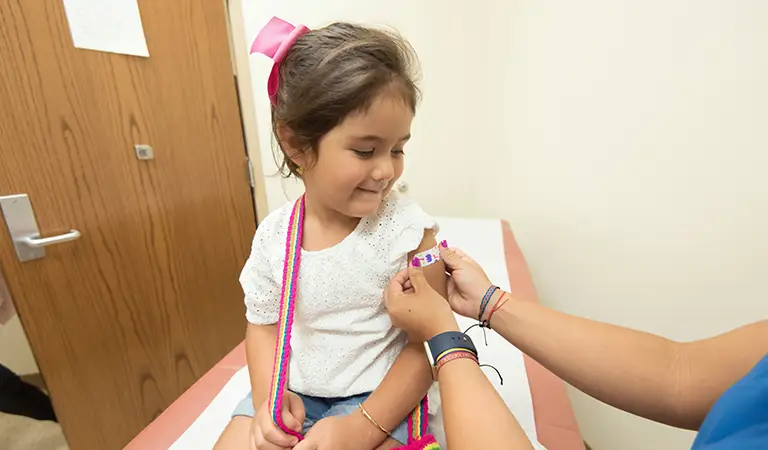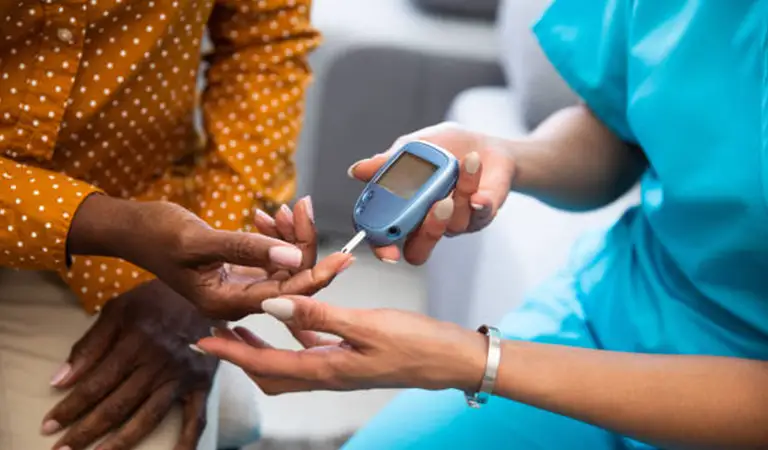Problem/Routine Visits
What are Problem and routine visits?
Routine visits to your family doctor are an essential part of primary care. They monitor your health, help manage chronic disease, update immunizations, and explore unusual or uncomfortable symptoms.
These visits allow you to build a relationship with your primary care physician. You can ask questions, get nutritional or wellness advice, and schedule preventive screenings for the future.
What happens during these problem or routine visits?
These visits are tailored to the needs of each individual patient.
Typically, an exam begins with your physician reviewing your medical history and asking about your lifestyle. You should answer these questions honestly, including if you smoke or drink, if you practice safe sex, and if you take any prescription medications or supplements. This is the best way to ensure that your physician can properly assess your medical needs.
Following a brief discussion, your provider reviews your vital signs, including your heart rate, temperature, blood pressure, and respiration. They make visual observations to assess the health of your skin and gently press on your internal organs to check for abnormalities.
Your provider may perform other physical exams like testing your reflexes, observing your gait and posture, and ordering laboratory tests. The type of laboratory tests you need will depend on your age and health history. Some of the most common tests include a complete blood count (CBC), a lipid panel, and urinalysis.
At the end of the appointment, your provider will set aside time to answer your questions. You may want to write them down in advance so you don’t forget anything and keep all of your questions, medication lists and information given to you at your appointment in a notebook or folder.
Do routine visits address sex-specific issues?
The short answer is, they can. Men and women can experience many of the same health problems, but their unique reproductive organs make them susceptible to very specific issues.
If you are a man, your primary care physician may examine your prostate, penis, and testicles. These preventive measures can detect potentially serious health problems like prostate cancer and testicular cancer when they’re most responsive to treatment.
If you are a woman, your primary care physician may examine your breasts, abdomen and pelvis. Depending on your age, your primary care physician may also recommend a Pap test, which screens for cervical cancer.
Sexually transmitted disease (STD) testing is also available for all patients.
How often should I schedule a routine or sick visit?
This will depend on your medical history and symptoms. If you have any chronic medical conditions that require treatment with medications, you may be seen 3 to 4 times per year when these conditions are controlled. If your chronic medical conditions are not controlled, you may be seen more regularly as your medications are being adjusted.
Sick visits are scheduled whenever you are having symptoms of illness. Sometimes a followup visit after resolution of the illness is required. This would be discussed with your primary care physician.






